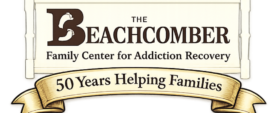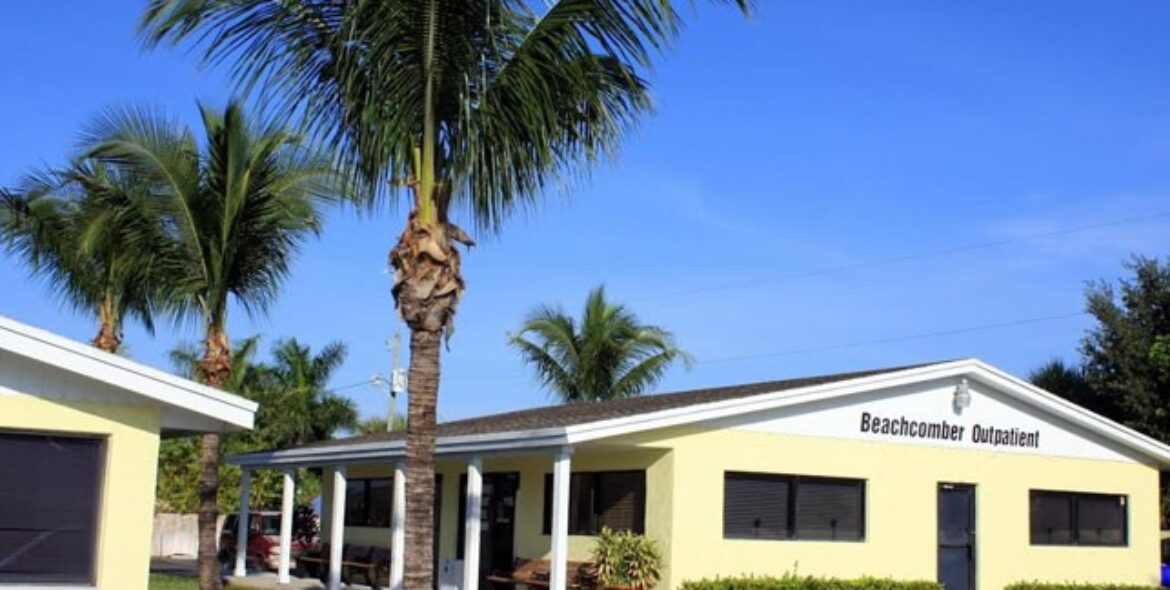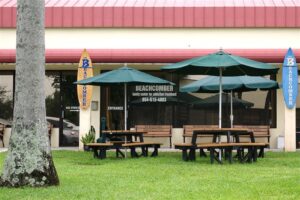If you or your loved one has been addicted to substances, you should know that addiction requires a lifetime of recovery. Yes, drug treatment may be the starting point, but it doesn’t stop there. Although finishing a recovery program is an amazing accomplishment, it is only the first step in the journey. A positive step towards the end goal, an advance in living a healthier life, and an essential step that prepares you for what lies next.
Whether you are just starting out or you have a loved one receiving therapy, you may still be wondering a lot about the healing process. What happens when treatment is finished? When establishing objectives and expectations, it’s critical to comprehend what occurs both during and after drug rehab treatment in Boynton Beach. It is during addiction treatment that you will address and resolve your drug abuse issues. Along with learning the necessary coping techniques for beating drug urges, you will also learn how to develop good life skills. You are going to build relationships that will support and sober you for the rest of your life. You are going to rediscover responsibility and, most importantly, rediscover your worth.
Life After Treatment
Following drug rehab in Boynton Beach, you will need to apply all of the skills you acquired to your daily life, such as maintaining a schedule, exercising, practicing meditation, and preparing wholesome meals. After rehab, you will have to commit to continued care and supervision.
You are going to have to stay true to your promises. This is necessary for a full recovery. Naturally, this doesn’t sound simple, and it isn’t. But don’t worry; you’ll be ready to quit your treatment program when the time comes. In the majority of recovery programs, you are not allowed to graduate or stop therapy until you are judged well enough to do so.
At Beachcomber, a drug rehab in Boynton Beach, we use a gradual reintegration process to make sure our clients are prepared for life after treatment. Clients can advance to the next treatment phase as they successfully complete each one.
Reconnection
At Beachcomber drug rehab in Boynton Beach, most men and women undergo a structured Phase I after-treatment. This includes clinical care, therapy, customized plans, and 24/7 support. This time encourages self-reconnection and deeper self-understanding. Collaborating with counselors, they address drug use causes, rebuild self-esteem, and connect. They also bond with fellow members, reconstruct personal histories, and learn routines in eating, sleeping, exercising, socializing, and self-care.
Reintegration
Phase II of after-treatment recovery entails making plans for life after addiction, which clients can start after building a basis for healthy living in Phase I. Phase II is when clients become more independent and start going about their daily lives on their own. These activities include cooking meals for oneself, grocery shopping, budgeting, going to classes, using the bus, attending 12-step meetings, and engaging in sober recreational activities with friends. They continue to get customized treatment and rehabilitation in our clinical facilities throughout this time.
Rejuvenation
Living in the actual world is practiced in Phase III. It is similar to life after treatment, but without actually ending treatment entirely. This is known as disciplined, sober living. At this point in the therapy process, clients are more independent and in charge of their daily lives. They travel frequently for various activities, which include working outside the building, volunteering, and attending classes. In addition, they exercise, eat healthily, go to meetings, and take care of themselves voluntarily.
At Beachcomber, drug rehab in Boynton Beach, each client will receive a personalized treatment plan that is overseen by a case manager and clinician from an integrated care team. We start preparing for a client’s departure when we observe, both via behavior and performance statistics, that she is actively participating in her recovery, successfully using her life skills, and working toward her goals.
Advice for Your Post-Rehab Life
Look for substandard homes. It can be beneficial to locate a transitional house where you can live with other recovering individuals after leaving rehab. Seek halfway houses or structured sober living facilities that can assist you in maintaining a drug- and alcohol-free lifestyle.
Make a plan for aftercare. At Beachcomber, drug rehab in Boynton Beach, we make sure that our clients have a strategy in place for aftercare.
Enjoy doing things that are healthy. It can be difficult to have a fulfilling life after rehab. Without the support system of alcohol and drugs, how will you survive? You’ll engage in activities you enjoy and that improve your life and relationships.
Recognize that difficult days will come. Mental health and substance abuse illnesses are chronic, which means they will persist in you long after treatment is finished. There will be days that are more difficult than others, particularly in the first few months as you adjust to your new lifestyle.
Conclusion
Reentering treatment for addiction can be unsettling. In the majority of Beachcomber drug rehab in Boynton Beach, clients actually don’t want to leave—not because they’re not ready, but rather because they’ve gotten to know a wonderful community. After rehab is completed, they are curious about what will happen to their newly formed relationships and skill sets.
Our patients will always be a member of the Beachcomber family, we reassure them, and they are ready. Beachcomber, a drug rehab in Boynton Beach, continues to have a vibrant and vibrant alumni network, with several reunions and a high number of graduates joining the faculty.






